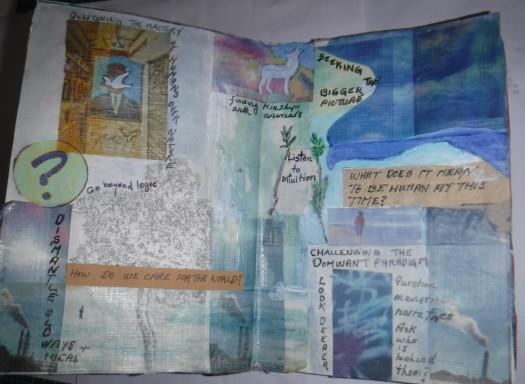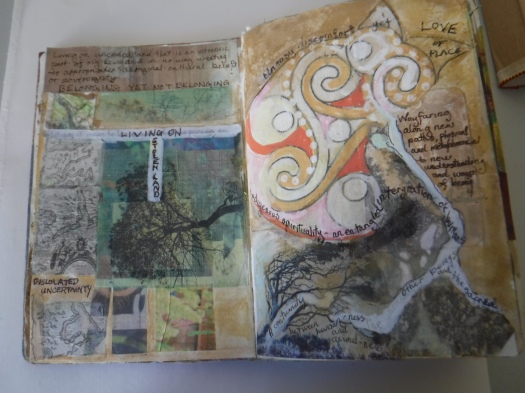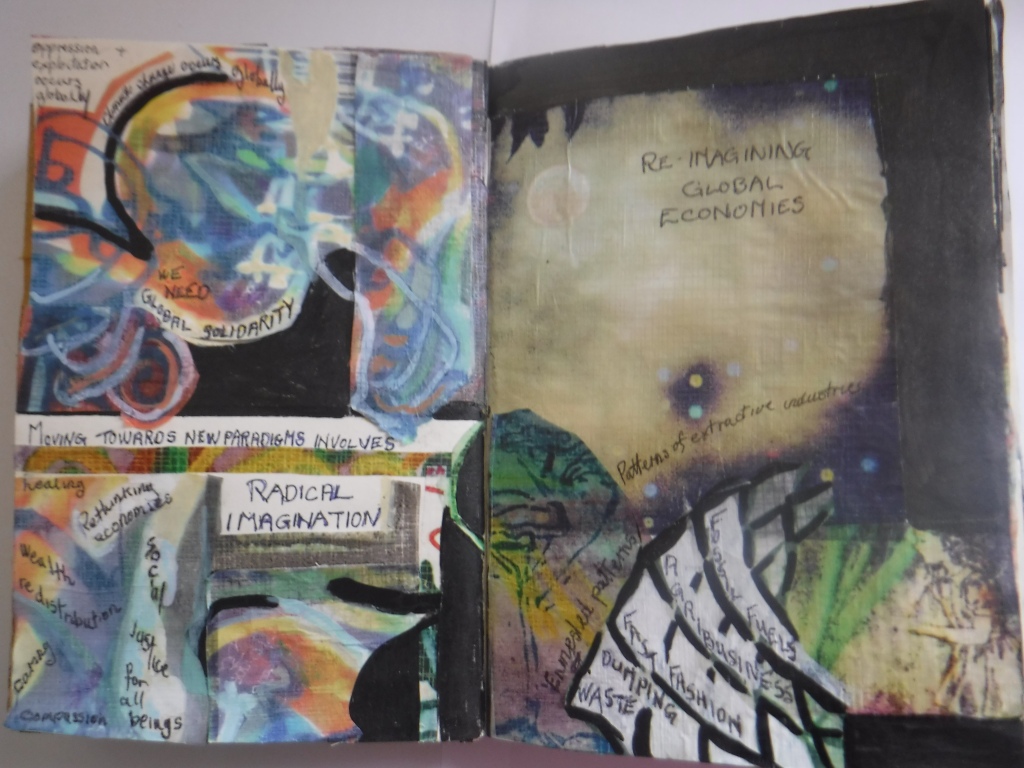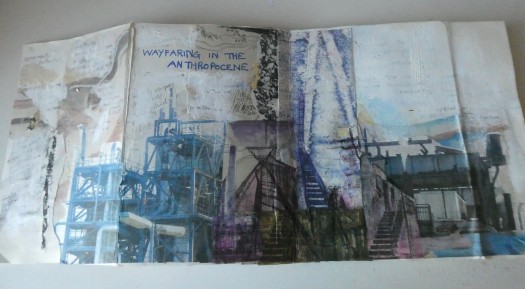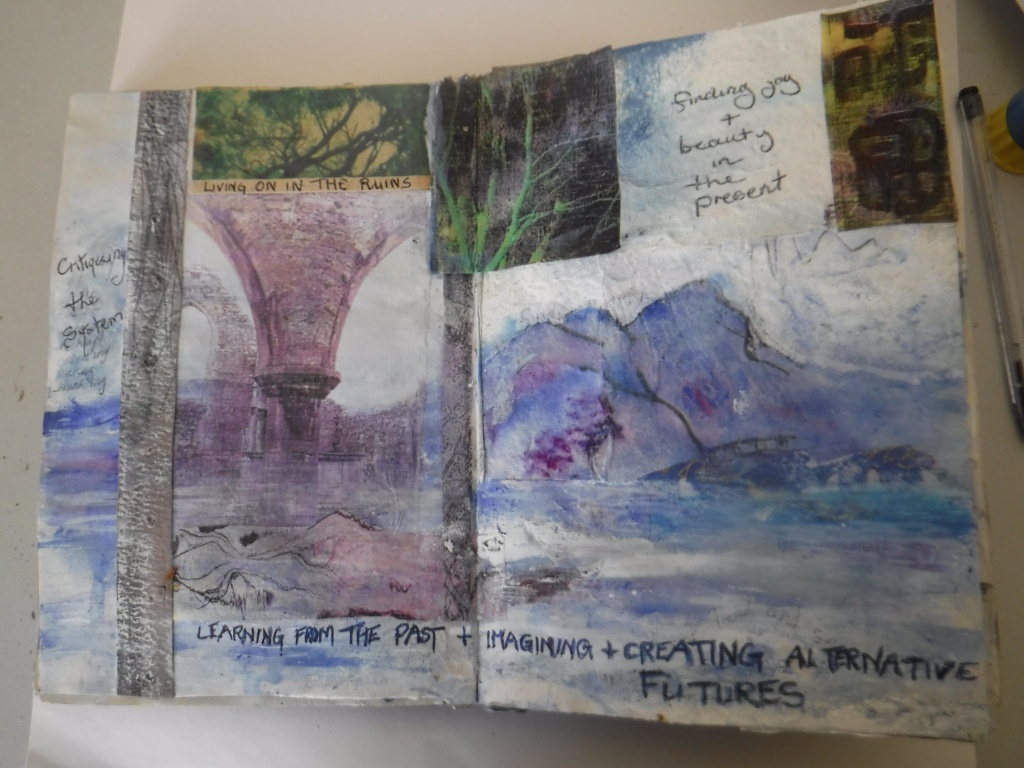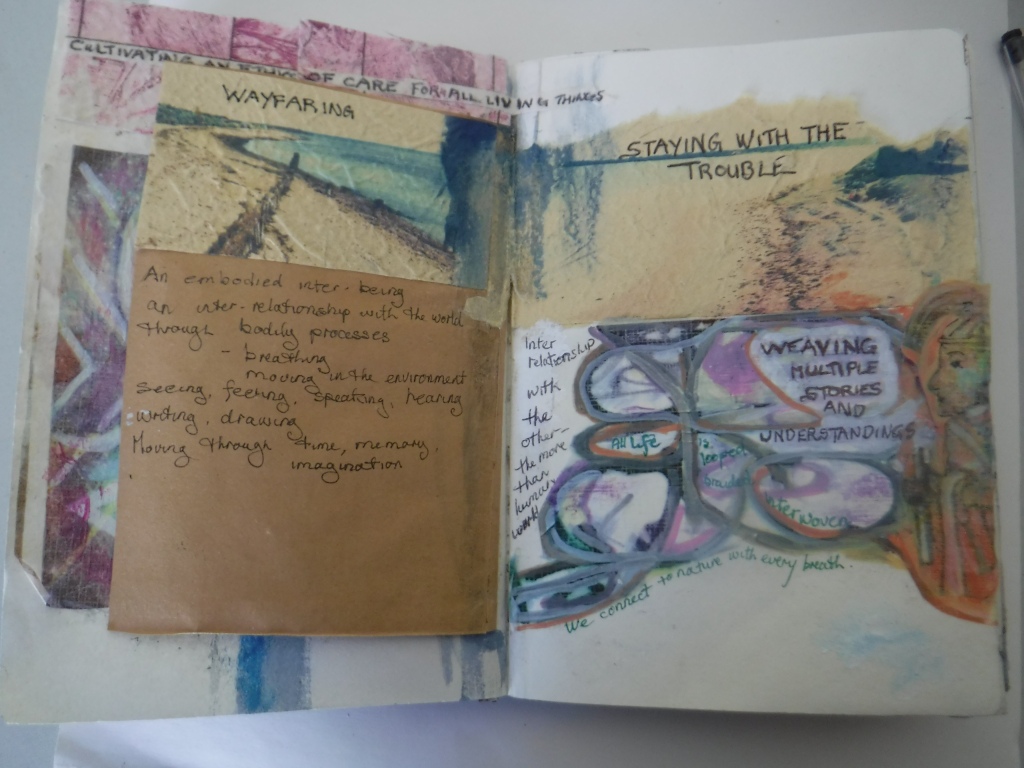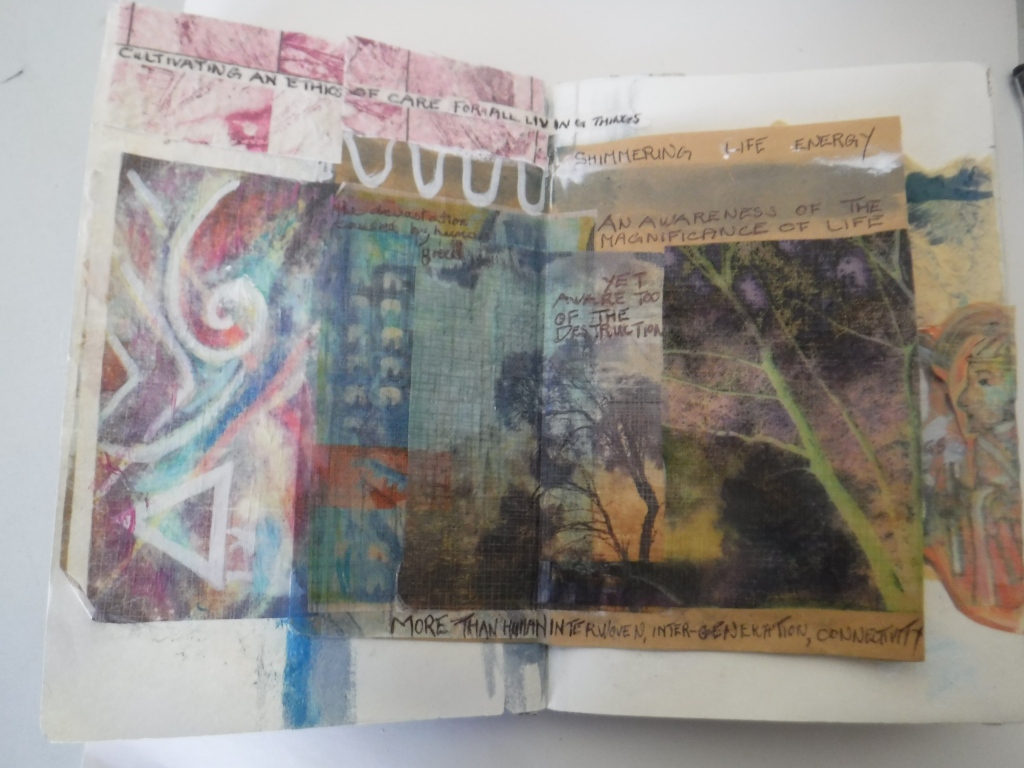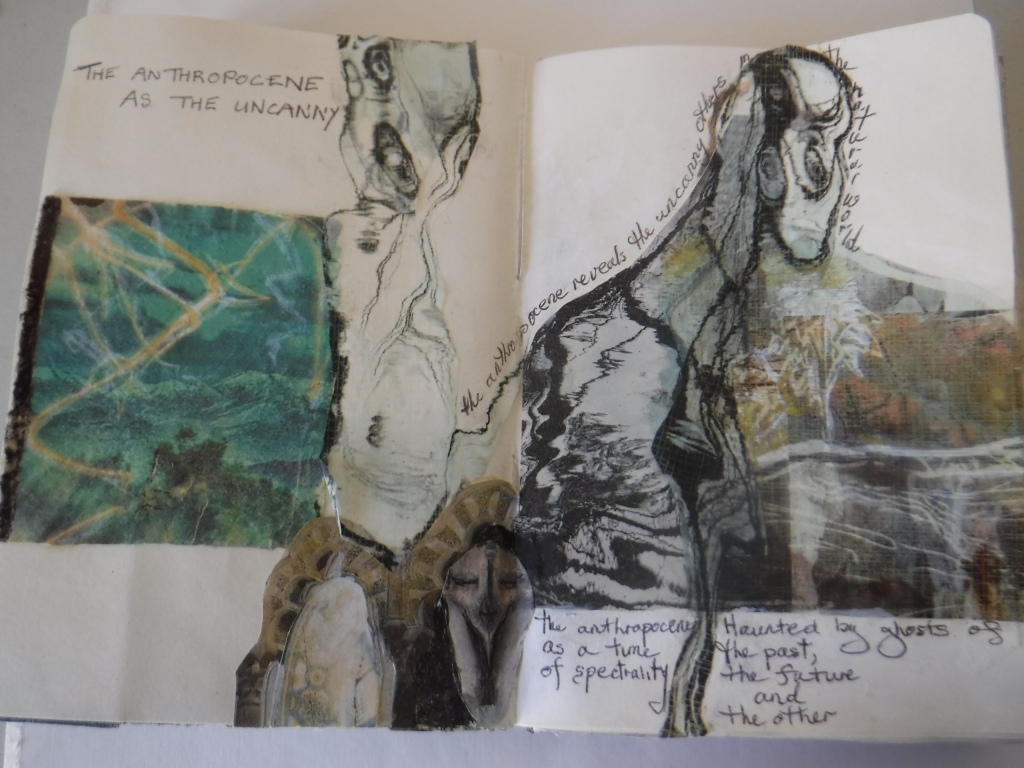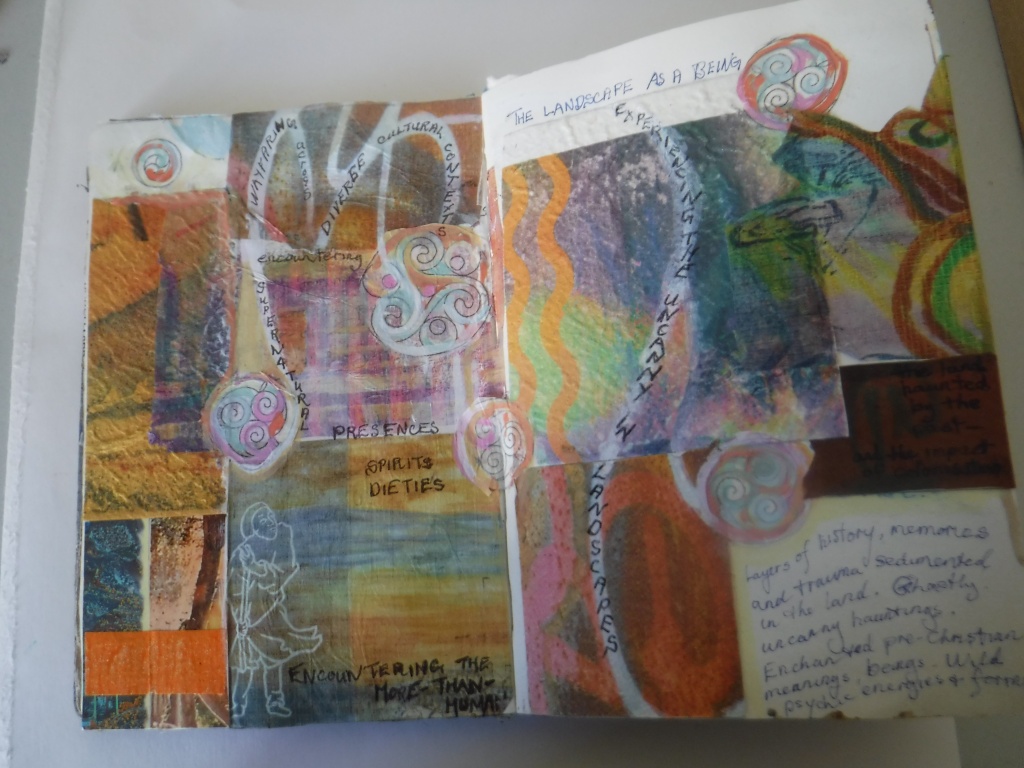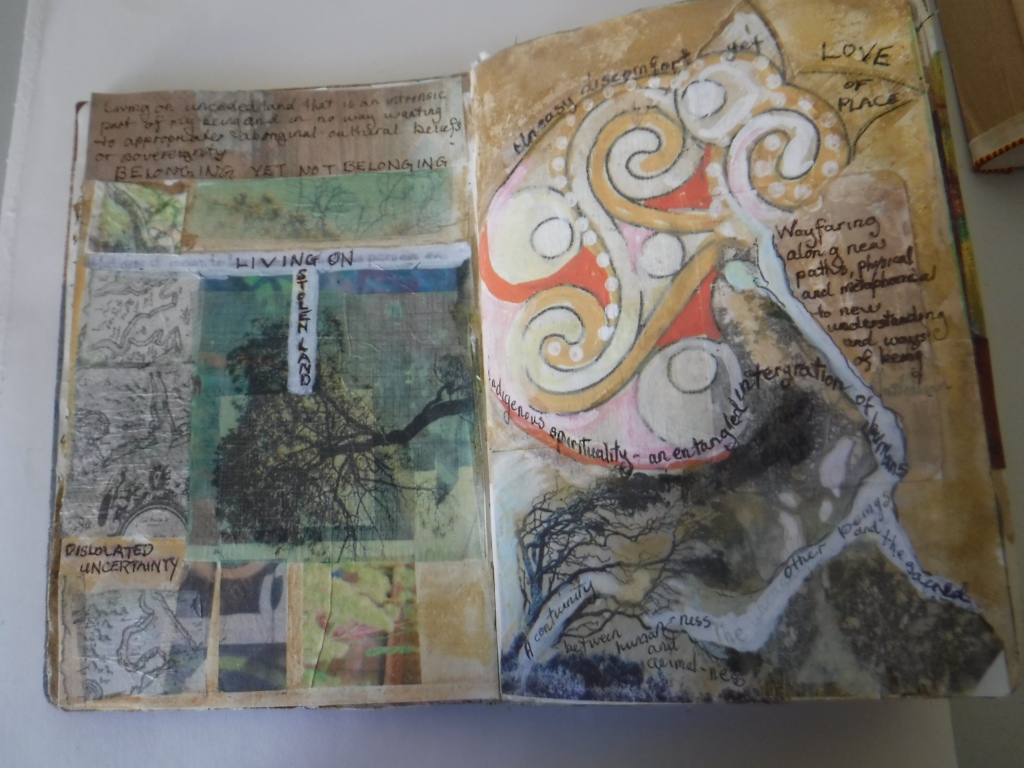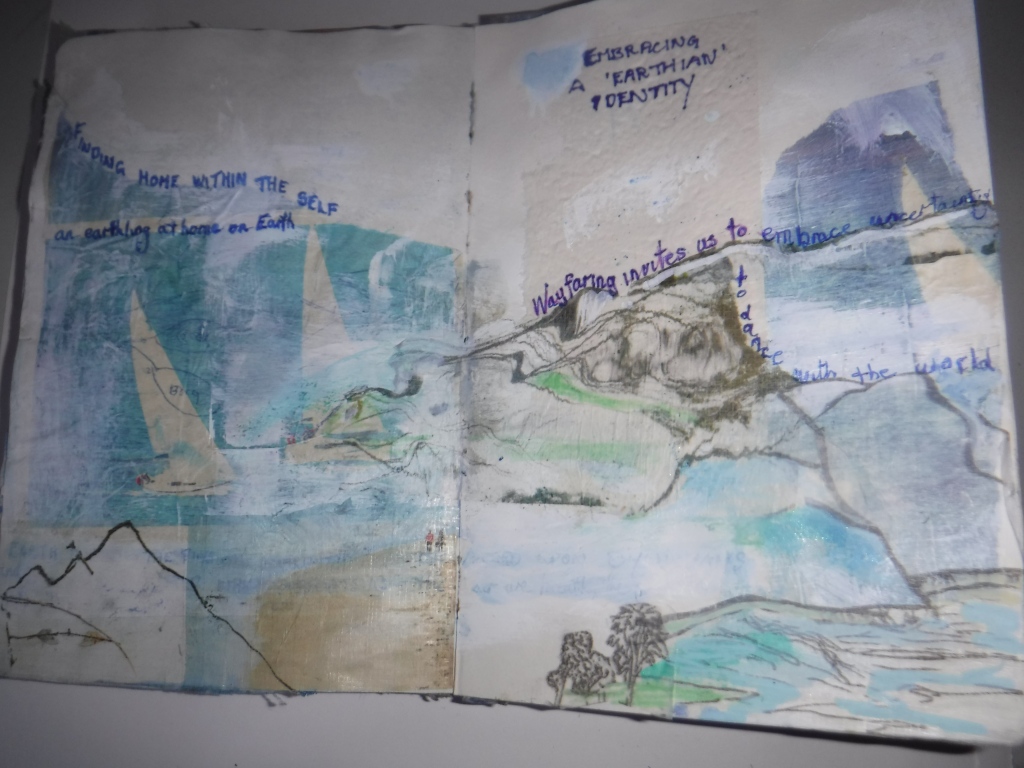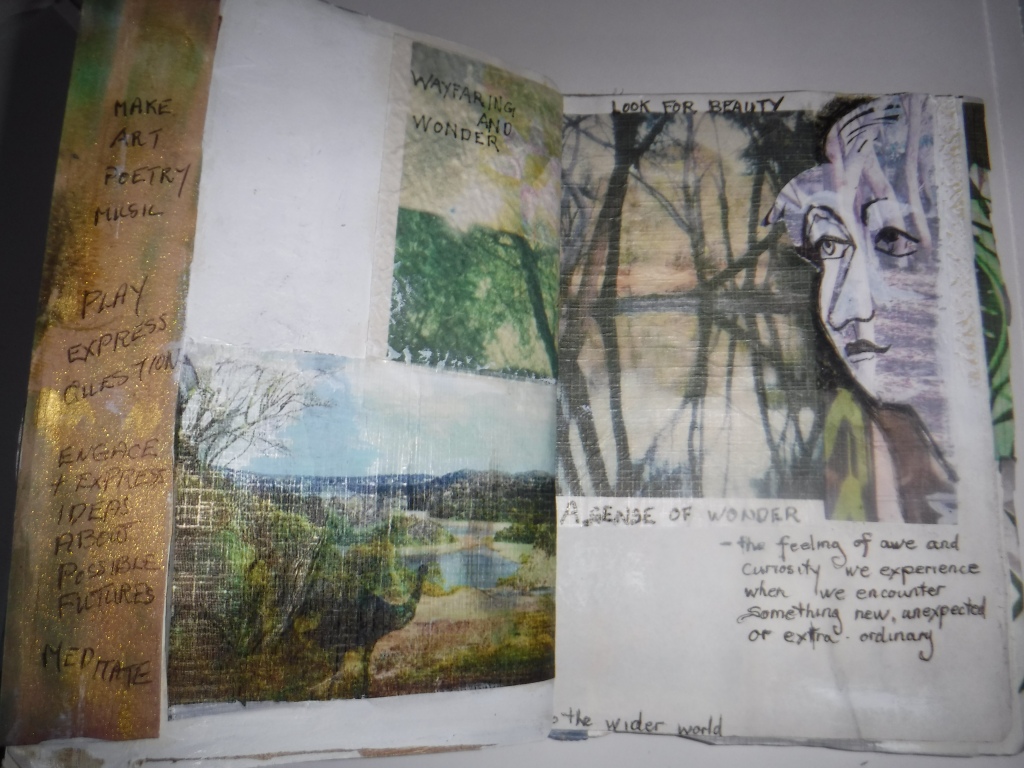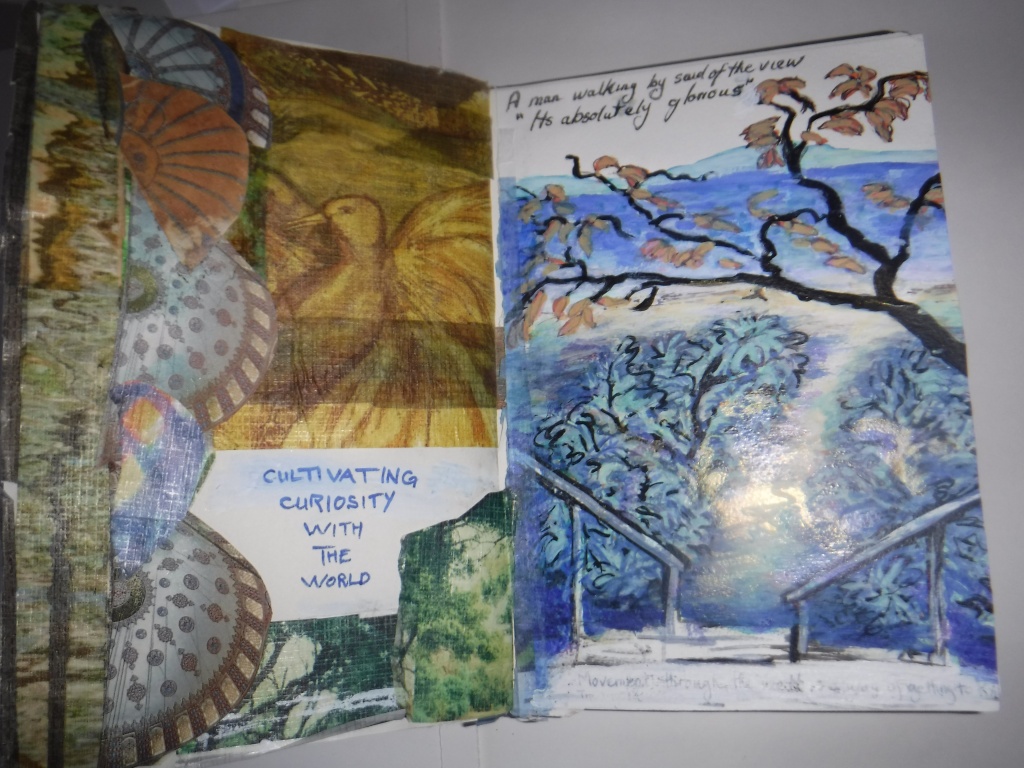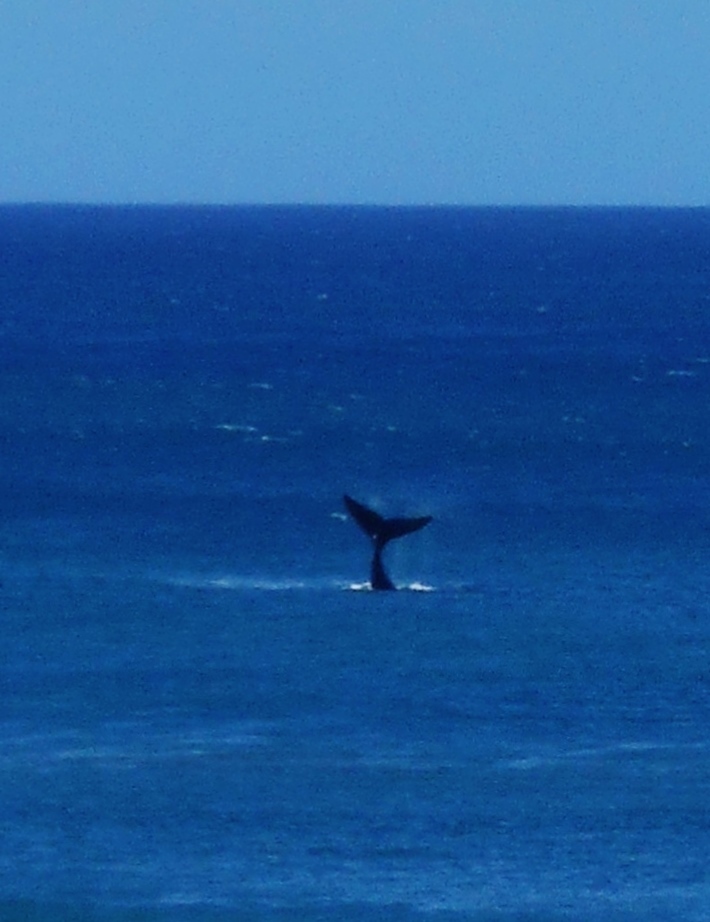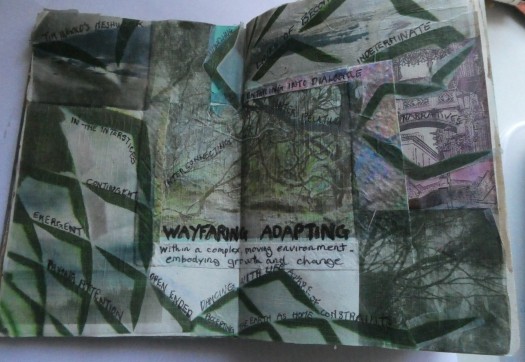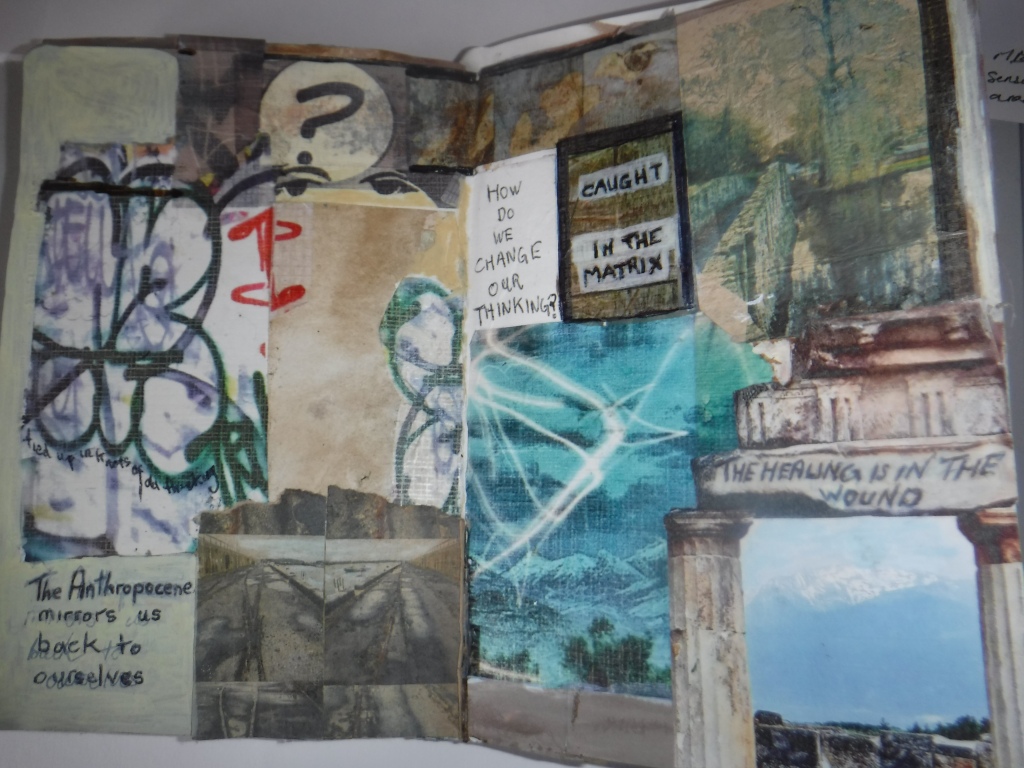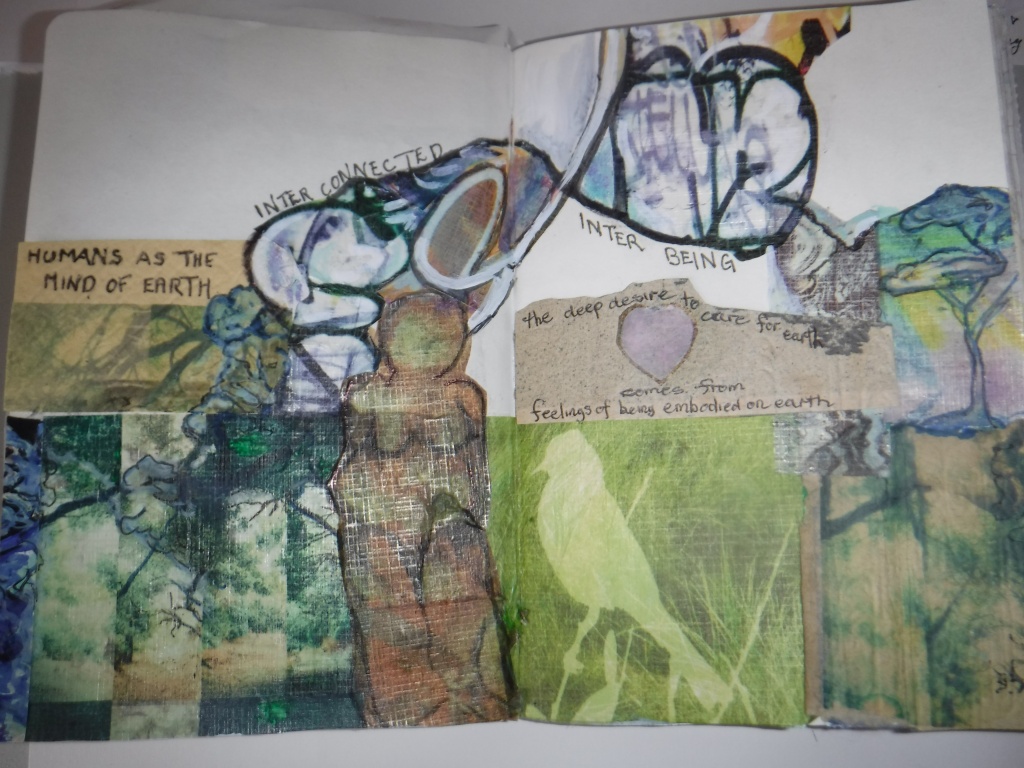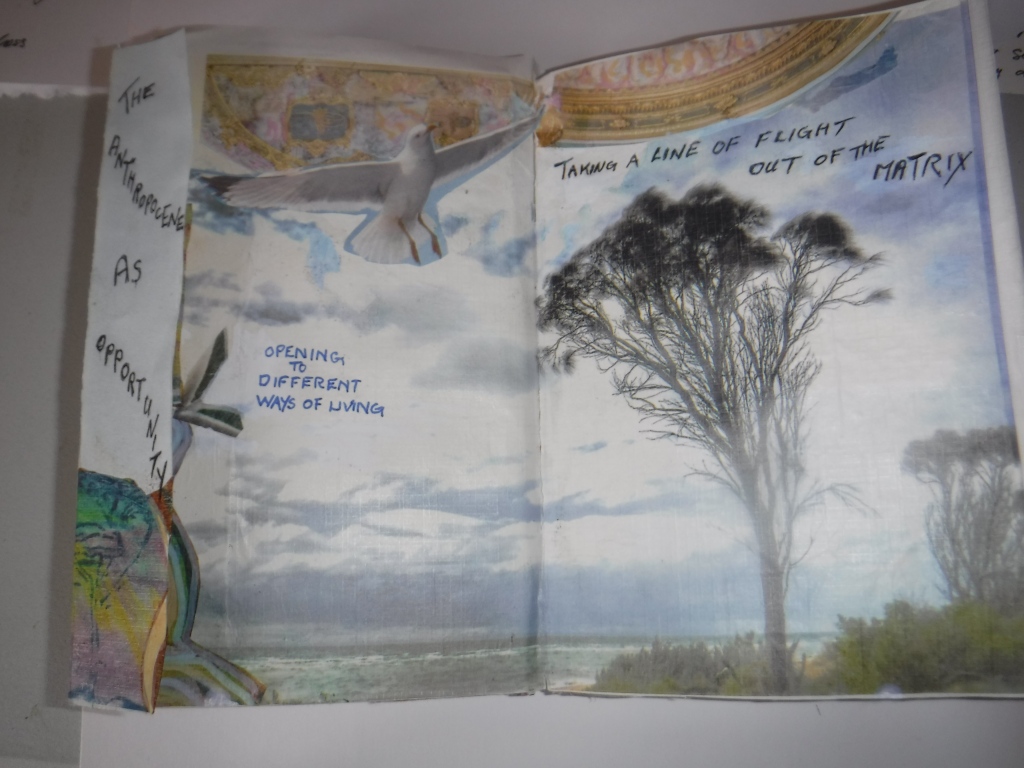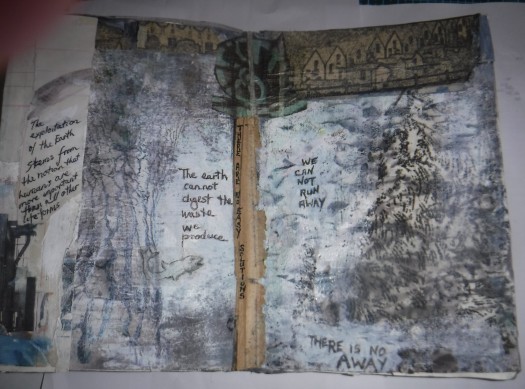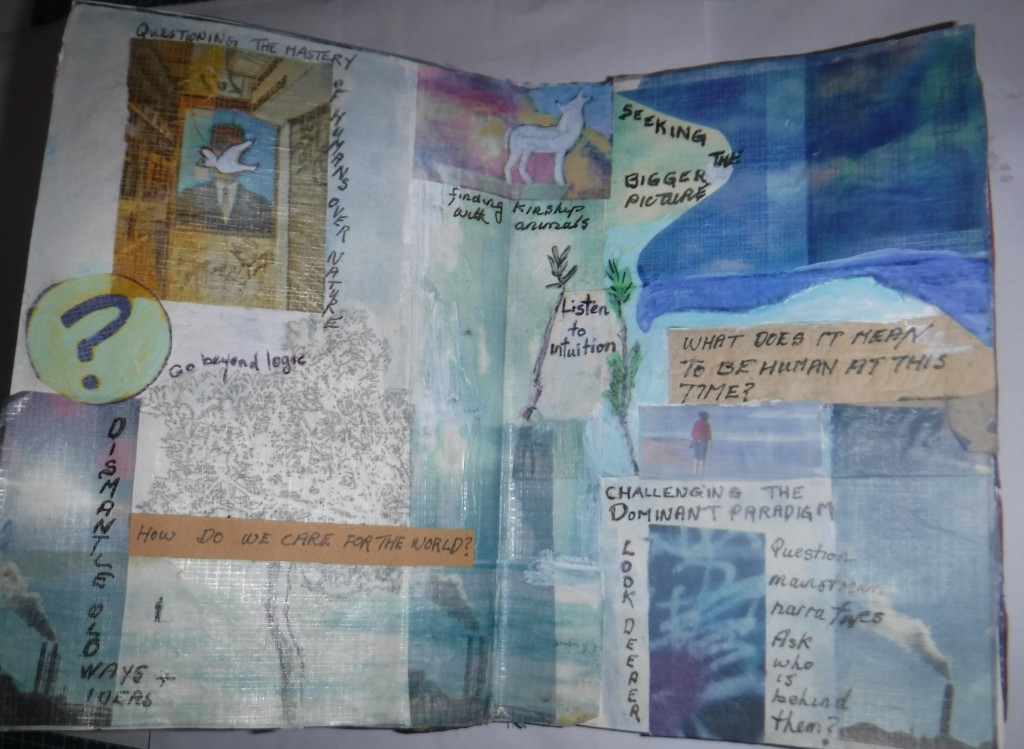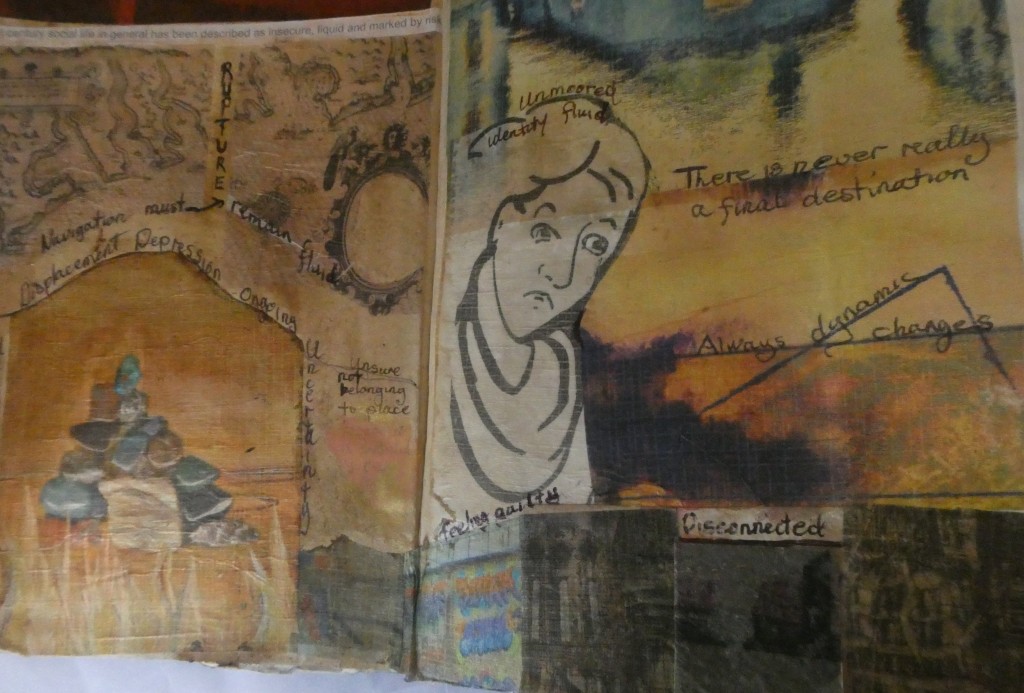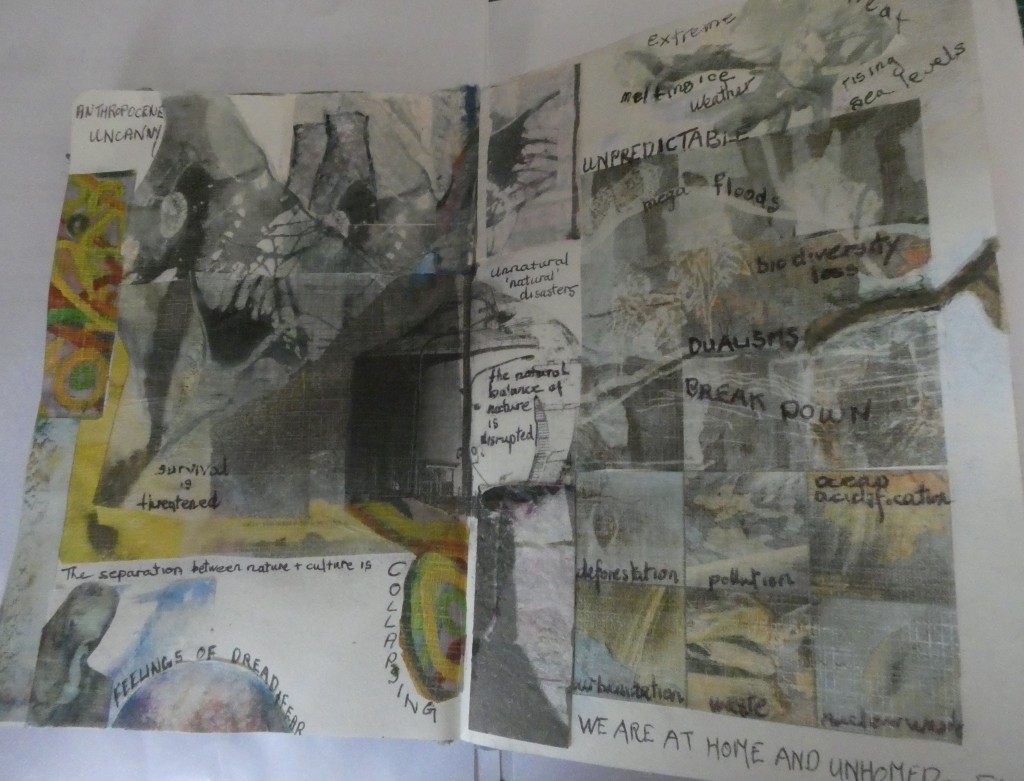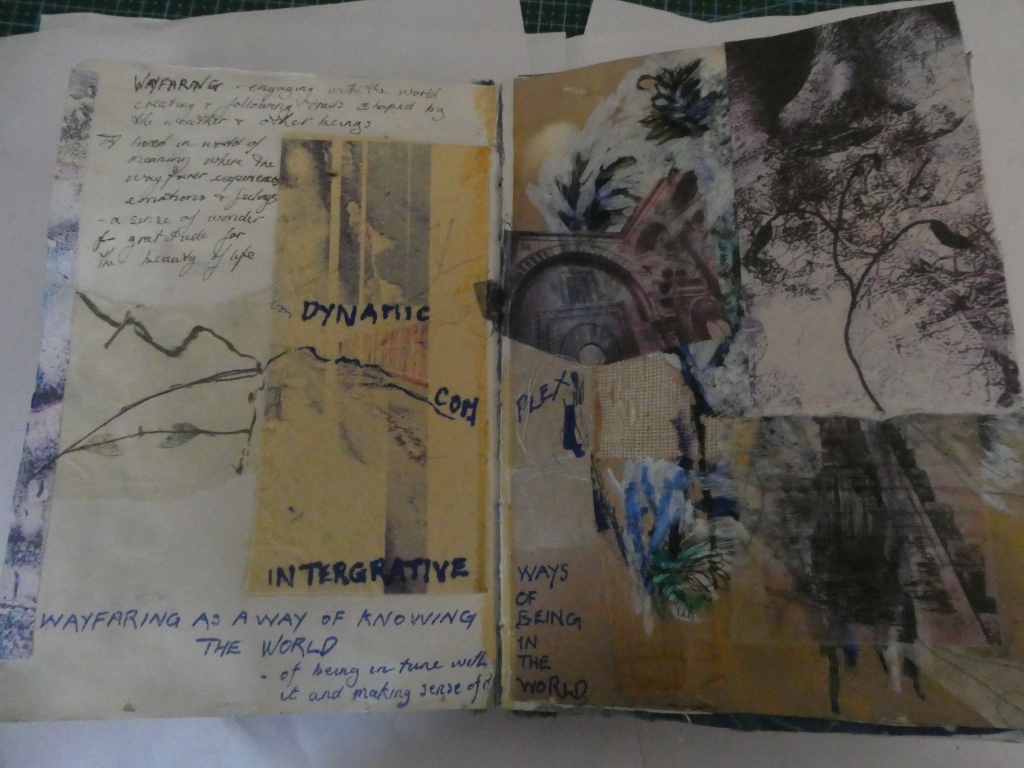This post is inspired by Rajani’s powerful poem https://thotpurge.wordpress.com/2024/06/01/thirteen-ways-of-looking-at-climate-change/
In the final verse of her poem Rajani suggests that there are ways forward but that we are just not seeing them. I thought I would pick up on this theme and explore some ideas that offer ways through the impasse of Anthropocentric thinking. Recently I’ve been going through the information I compiled while I was writing about the Anthropocene last year. In my final post in that series I wrote about the difference between Anthropocentric and anthropocenic thinking. Here’s the final paragraph of that post:-
Anthropocenic thinking calls into question some of the established assumptions, paradigms and theories of the dominate worldview. In so doing it opens the way for new ways of thinking and acting in relation to the natural world. Rather than seeing the Anthropocene as a closed, fixed epoch, anthropocenic thinking creates room for expansive ideas about what it means to be human to emerge. Through such thinking more holistic and ethical ways of living can develop – ways of living that sustain and nourish both human and non-human life. https://wayfaring9.wordpress.com/2023/11/15/anthropocentric-or-anthropocenic-thinking/
Climate change and environmental degradation are calling on us to grow up as a species and to realize that extractive capitalism is the problem. Not all human activities result in environmental catastrophes. There are ways for humans to live in harmony with the natural world. Many indigenous and traditional cultures live in ways that respect and nurture the environment. Permaculture and regenerative agriculture offer sustainable alternatives to current agricultural practices. Culturally there are many emergent ideas that point to ways society could be restructured along more equitable lines. Participatory democracy, the universal basic income, doughnut economics and post humanism suggest possible ways we could develop more egalitarian ways of living that respect all beings, human and non-human alike.
Currently over 50% of people in Australia, and possibly much of the developed world, think climate change won’t affect them. Living in suburban enclaves and surrounded by material goods, they think that climate change is something that happens elsewhere – and presumably only to poor people living in disadvantaged situations. While I could go into a rant about this I will just say I think they are wrong. Sooner or later climate change will affect all people regardless of how much money they have or how big their house is.
It would be great if governments suddenly woke up, stopped fighting and figured out how to work together to save the environment but there are very few signs that such a structural turnaround is likely to happen in the immediate future. Instead, governments and corporations are currently exerting more controls on citizens that, by and large, are further alienating us from each other. It would also be great if the majority of people woke up the existential threat of climate change but to do so would utterly undermine their world view. I can see how it is more comfortable to live in denial, at least until the seas are lapping at the door.
At the same time reports of environmental damage are increasingly dire. It is very easy to get depressed by all this and to feel powerless. Last year I wrote a few posts about the importance of hope and how we might find it in these times. Looking back at these posts I realize we find hope where we can. The ecologist, Anna Tsing finds hope in looking at the way fungi grow in decaying matter. To see nature regenerating itself is an inspiration to her. Others find hope in emergent political ideas and in technological possibilities.
The future is up to us and the seeds for that future can be planted in the present. The philosopher Timothy Morton speaks about the ‘dark sweet’ as an attitude that will support psychological survival during these times. He writes about the need to engage with ideas for possible futures in creative ways. To go back to Rajani’s poem, it’s time to look out the window and look for those alternative possibilities.


